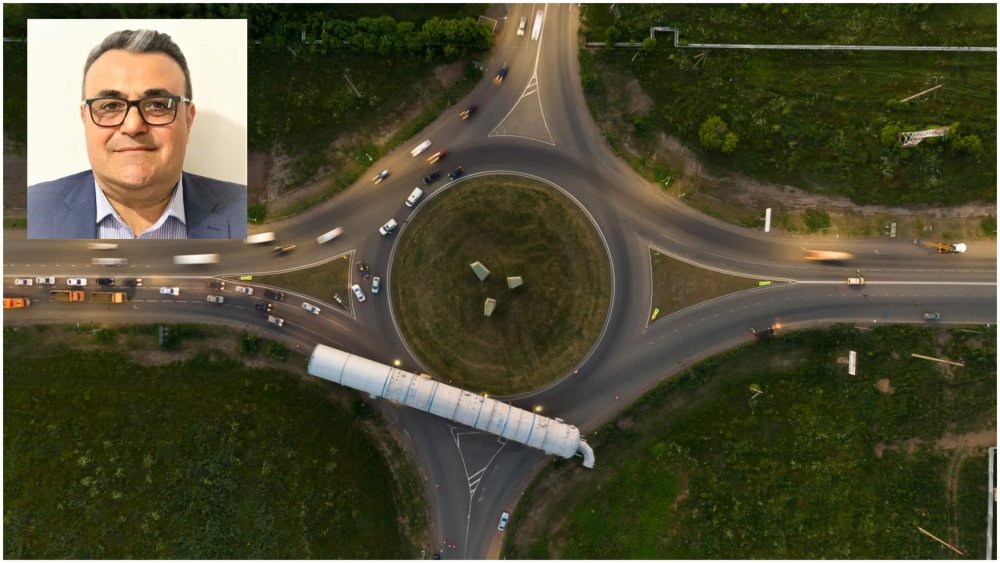
Dear Editor,
Each crisis brings its own impact on a particular business or organization. Is the COVID-19 crisis an accelerator for the transport sector or is the change deeper?
For years, the fragmentation in the international transport operations was, and still is, a bit of a mystery for the shippers as there are too many companies intervening on one operation.
Globalization, technology changes, transparency, and successive financial crises have impacted heavily the entire sector. Same way as for any other industry. Look at the massive changes in the banking sector or the automotive industry.
After years of horizontal consolidation within freight forwarding and the carriers, we have all seen big names disappear. Today we notice a strong wave moving forward into a vertical concentration.
This situation is totally shaking the market where shipping lines do not hesitate to invest in warehouses, trailers and charter aircraft. At the same time, freight forwarders are stepping into maritime and air carriage.
It is no longer taboo for each to challenge the place of the other. These movements are all due to the shortage of cargo space and containers. Who is responsible?
Typical examples are the takeover of CEVA by CMA-CGM or the decision of DSV-Panalpina to start chartering vessels, this proves that the market is currently looking for a new legitimacy.
In the breakbulk area, we also noted some attempts for vertical integration, such as Deugro with Dship, Dteq etc. and BBC Chartering trying to step into the shippers’ offices …
But the sector is still mainly consolidating horizontally like the Mammoet and ALE takeover.
The question remains: is it sustainable?
At the end of the day, for a shipper, these changes must result in a simplification of liability, visibility and integration of legal conditions covering the entire supply chain.
The foreseeable consequences of the vertical integration will be a deeper dependency between shippers and operators and difficulty for existing smaller logistics structures.
I draw the reader’s attention to the fact that this situation will create major conglomerates with a lot of power in the market, and they will be controlling the transport operations and the price from end to end. Meaning higher prices, as there will be less competition.
This is the reason why it will be more difficult for medium and small size shippers to contest the prices or to find real competitors able to provide the same level of services.
Yours Sincerely,
Dikran Hanonik
Supply Chain, Procurement, Logistics and Transport Manager, France
Have your say. Write to editor@breakbulk.news today.

